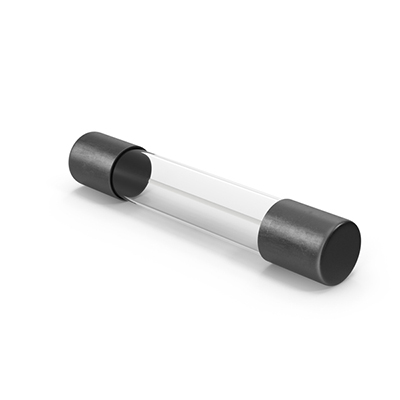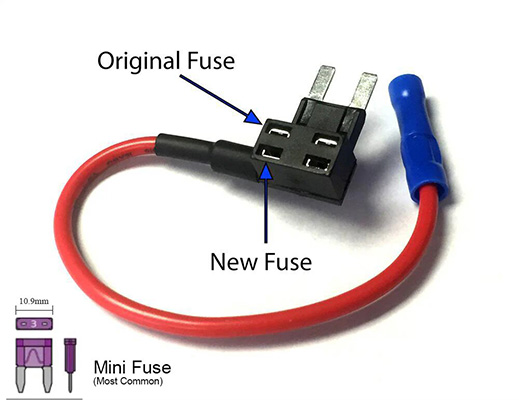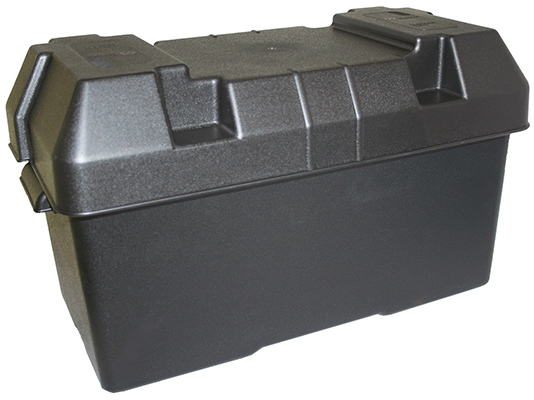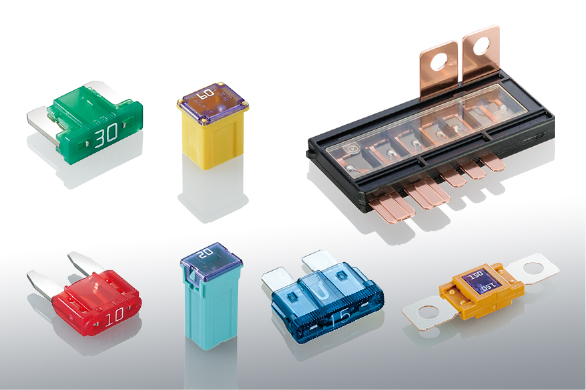Automotive Current Fuses: Strategies for Prolonged Lifespan
News 2025-10-24
Automotive current fuses play a critical role in protecting electrical circuits from overcurrent conditions, ensuring the safety and reliability of vehicles. These components are essential in modern automobiles, where they safeguard systems against short circuits and overloads. Focusing on long service life, advancements in fuse technology have led to designs that withstand harsh automotive environments, including extreme temperatures, vibrations, and electrical stresses. By prioritizing durability, manufacturers help extend vehicle longevity and reduce maintenance costs, making long-life fuses a key consideration in automotive engineering.

Key Applications in Vehicle Systems
In automotive applications, current fuses are integral to various systems such as engine management, lighting, and infotainment. For instance, in electric vehicles, fuses protect high-voltage batteries and charging circuits, preventing failures that could lead to costly repairs. Similarly, in traditional combustion engines, they safeguard wiring in areas like fuel injection and ABS systems. This versatility ensures fuses contribute to overall vehicle performance, with long service life designs allowing them to handle repeated thermal cycling without degradation, thus maintaining system integrity over thousands of miles.
Performance Benefits and Design Innovations
Long service life in automotive current fuses stems from superior materials and engineering, such as advanced alloys that resist corrosion and melting. These fuses offer enhanced breaking capacity and faster response times, minimizing damage during faults. Performance advantages include reduced failure rates in demanding conditions, like off-road driving or extreme weather, which can extend fuse lifespan beyond traditional limits. By incorporating features like sealed constructions, fuses avoid contaminants, ensuring consistent operation and supporting energy efficiency in hybrid and electric models, where reliability directly impacts battery life and emissions control.
Frequently Asked Questions
1、What factors affect the lifespan of automotive current fuses?
Fuses last longer with proper installation, avoiding exposure to moisture and excessive heat, and using high-quality materials that resist wear.
2、How do long-life fuses improve vehicle maintenance?
They reduce the frequency of replacements, lowering costs and downtime, especially in commercial fleets where reliability is crucial.
3、Can automotive fuses be recycled?
Yes, many are made from recyclable metals, promoting sustainability when disposed of through proper channels after use.


